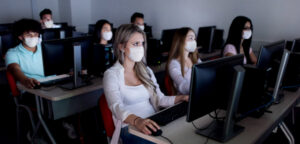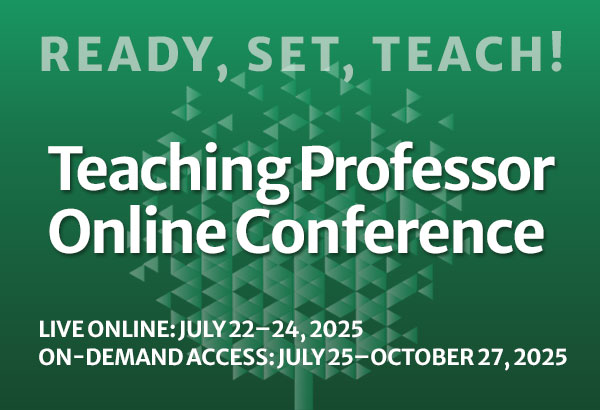
The Critical Thinking Gap: Why Good Intentions Aren’t Enough
Ask any group of faculty whether they include critical thinking on their course learning objectives, and nearly every person will say that they do. This is not just because faculty were handed down a mandate or made to hew to some university policy. My many












